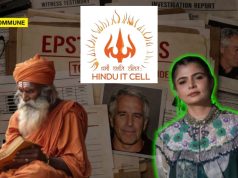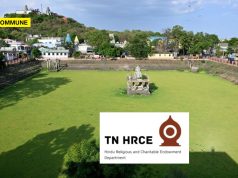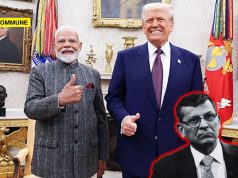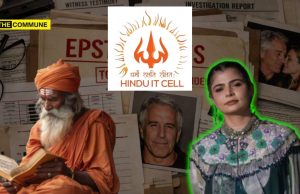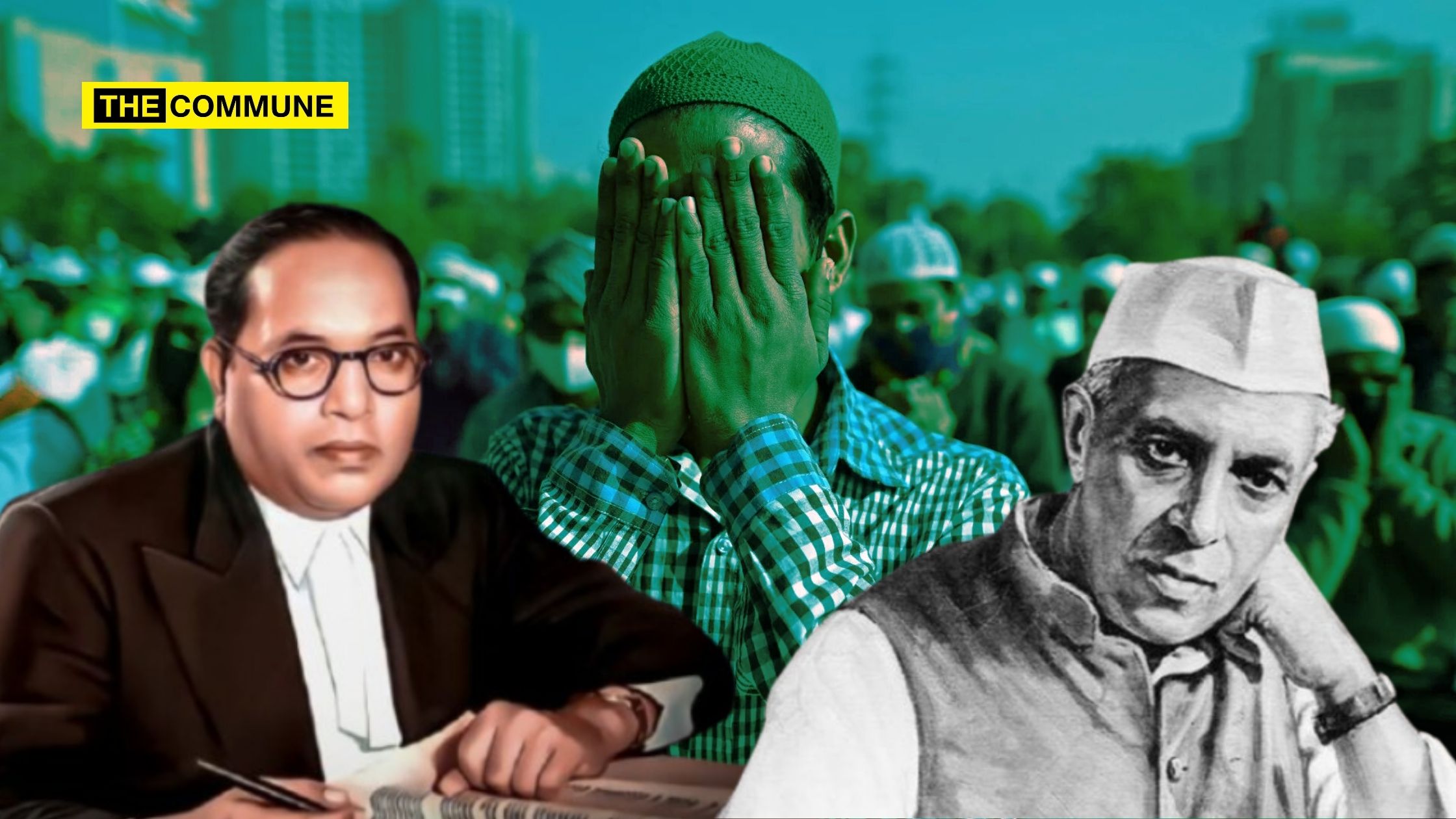
The Congress Party and its supporters often claim to be the protectors of the Constitution and the legacy of Dr BR Ambedkar. However, this narrative seems contradictory when we examine Dr. Ambedkar’s documented views. Ambedkar himself criticized Jawaharlal Nehru and the Congress Party, accusing them of dedicating all their efforts to the protection of Muslims. He famously stated that “Nehru’s whole time and attention is devoted to the protection of the Muslims.”
This criticism is evident in Dr Ambedkar’s resignation statement, recorded in Dr Babasaheb Ambedkar: Writings and Speeches, Vol. 14, Part 2, first published by the Government of Maharashtra on 14 April 1979.
The Overlooked Plight of Scheduled Castes and the Focus on Muslims
In a statement, he reflects on the condition of the Scheduled Castes in India and laments the lack of attention given to their plight. He writes, “I have been wondering whether there is any other parallel in the world to the condition of the Scheduled Castes in India. I cannot find any. And yet, why is no relief granted to the Scheduled Castes?”
He goes on to compare the government’s focus on Muslims, stating, “The Prime Minister’s whole time and attention is devoted to the protection of the Muslims.” While he acknowledges the importance of protecting Muslims, he asks, “Are the Muslims the only people who need protection? Are the Scheduled Castes, the Scheduled Tribes, and the Indian Christians not in need of protection? What concern has he shown for these communities? So far as I know, none. And yet, these are the communities which need far more care and attention than the Muslims.”

Dr Ambedkar’s Concern for the Backward Classes and Nehru Government’s Neglect
Dr. B.R. Ambedkar expressed deep concern over the government’s lack of action regarding the welfare of the Other Backward Classes (OBCs) and Scheduled Castes. In his resignation statement, he highlighted his dissatisfaction with the treatment of these communities under the Nehru government, “I will now refer to another matter that had made me dissatisfied with the Government. It relates to the treatment accorded to the Backward Classes and the Scheduled Castes.”
Ambedkar lamented that under the Nehru-led Congress government, the Constitution failed to include specific safeguards for the Backward Classes, leaving their future to be determined by the Executive Government based on the recommendations of a commission appointed by the President. He expressed his frustration, saying, “More than a year has elapsed since we passed the Constitution, but the Government has not even thought of appointing the Commission.”

Dr. Ambedkar’s Disappointment with Cabinet Exclusion and Unfulfilled Promises
Dr. B.R. Ambedkar accepted a position in the cabinet with the understanding that he would be assigned to the Planning Department, given his expertise as an economist. However, this promise was never kept, as Prime Minister Nehru took on the role of Chairman of the Planning Commission himself. Ambedkar was also excluded from important committees, including the Economic Affairs Committee. This lack of inclusion and unfulfilled commitments was one of the key reasons he cited for his resignation.
He says, “The Prime Minister agreed and said he would give me in addition to Law the Planning Department which, he said, he was intending to create. Unfortunately, the Planning Department came very late in the day and when it did come, I was left out. During my time, there have been many transfers of portfolios from one Minister to another. I thought I might be considered for any one of them. But I have always been left out of consideration. Many Ministers have been given two or three portfolios so that they have been overburdened. Others like me have been wanting more work. I have not even been considered for holding a portfolio temporarily when a Minister in charge has gone abroad for a few days. It is difficult to understand what is the principle underlying the distribution of Government work among Ministers which the Prime Minister follows.”
“Is it capacity? Is it trust? Is it friendship? Is it pliability? I was not even appointed to be a member of main Committees of the Cabinet such as the Foreign Affairs Committee or the Defence Committee.
When the Economic Affairs Committee was formed, I expected, in view of the fact that I was primarily a student of Economics and Finance, to be appointed to this Committee. But I was left out. I was appointed to it by the Cabinet, when the Prime Minister had gone to England. But when he returned, in one of his many essays in the reconstruction of the Cabinet, he left me out. In a subsequent reconstruction my name was added to the Committee, but that was as a result of my protest,” he added.

Dr. Ambedkar’s Disillusionment with Nehru’s Decision on the Hindu Code Bill
Dr. B.R. Ambedkar expressed his deep disappointment that, despite prior commitments, Prime Minister Nehru chose to abandon the Hindu Code Bill. In his resignation statement, Baba Saheb wrote, “I was, therefore, quite unable to accept the Prime Minister’s decision to abandon the (Hindu Code) Bill on the ground of time. I have been obliged to give this elaborate explanation for my resignation because some people have suggested that I am going because of my illness. I wish to repudiate any such suggestion. I am the last man to abandon my duty because of illness.”
This article is based on an X thread by Dilip Mandal.
Subscribe to our channels on Telegram, WhatsApp, and Instagram and get the best stories of the day delivered to you personally.

